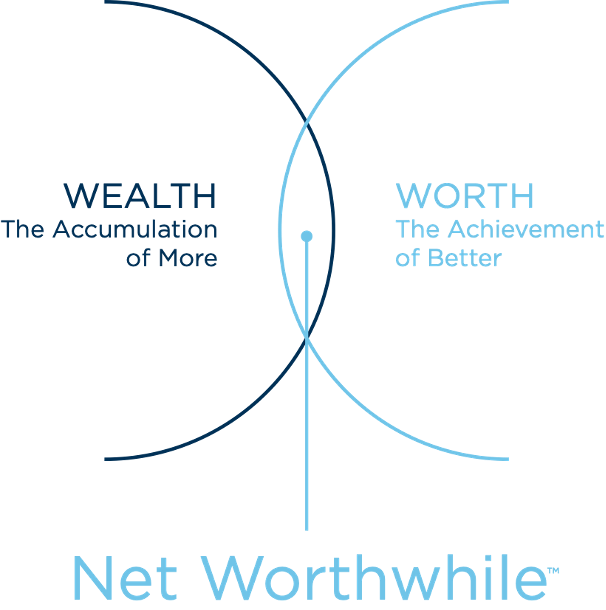Fresh off writing about how the extensive Harvard study on human development shows us how we can invest in our personal happiness, I read a snippet in a much-anticipated new book that illuminates quite the opposite—how we can use financial planning to decrease our happiness and strip ourselves of the joy in life that is there for the taking.
In Clear Thinking, Shane Parrish writes:
We tell ourselves that the next level is enough, but it never is. The next zero in your bank account won’t satisfy you any more than you are satisfied now. The next promotion won’t change who you are. The fancy car won’t make you happier. The bigger house doesn’t solve your problems. More social media followers won’t make you a better person.
He refers to this type of conditional, comparative living—the way, I’d argue, most of us think much of the time—as “happy-when” thinking. “Happy-when people are never actually happy. The moment they get what they think they want,” Parrish warns, “having that thing becomes the new norm, and they automatically want more.”
So, are you a “happy-when” person?
- I’ll be happy when I buy that house.
- I’ll be happy when I drive that car.
- I’ll be happy when I get that job.
- I’ll be happy when I marry that person.
- I’ll be happy when my 401(k) reaches that number.
- When I write that book, get that many likes, rack up that number of views, achieve that title, host that party, get invited to that party, go on that vacation, win that competition, lose that weight.
One could argue that we all are. The behavioral economics theory of hedonic adaptation suggests that it may be in our hard wiring—that our brains persistently seek out newer and more rewarding experiences and that our tendency to constantly compare ourselves to others (and even our past self) helps ensure our drive to survive.
Does this suggest we are destined for dissatisfaction?
Not necessarily, but when we understand the why behind our “fast thinking,” our instinctive impulsions, we can undertake practices to deconstruct our thinking, to slow our processing down, to recognize our subconscious and balance it with rationale.
One of the ways I’ve explained this to both clients and financial advisors is through the explanation of “Net WorthwhileTM,” a helpful repositioning of our possessions in light of our aspirations.
Net Worthwhile TM is “the intersection of the accumulation of more and the achievement of better.” It infuses our wealth with worth and gives purpose to our planning, all by helping us view what we possess through the lens of what inspires us. In so doing, even the most confounding and complex financial dilemmas can be transformed into simpler solutions when we acknowledge what—and who—are most important to us in life.
Note that this is not an exercise in demonizing the accumulation of personal resources. As we’ve addressed, that drive for accumulation is an innate human longing that can be used to our advantage when we understand its role. And it is not just the tangible assets counted on a balance sheet that we must consider in our “portfolio,” but also the intangible resources that could be argued as even more valuable—our time, influence, energy, and relationships.
Yet, if we haven’t ascribed a purpose to these resources, translating financial planning into the language of life, we may find ourselves accumulating for the sake of accumulation itself—making that which is a serviceable means an insufficient end. Or, as Shane Parrish puts it, “And while we’re busy running on the treadmill chasing after all the things that won’t make us happy, we’re not pursuing the things that really matter.”
Therefore, I’ll leave you with the implicit question that we too rarely ask, the answer to which can help give us the meaning and purpose we need to activate our wealth and pursue Net Worthwhile TM:
What is it in life that really matters to you?
Read the full article here










